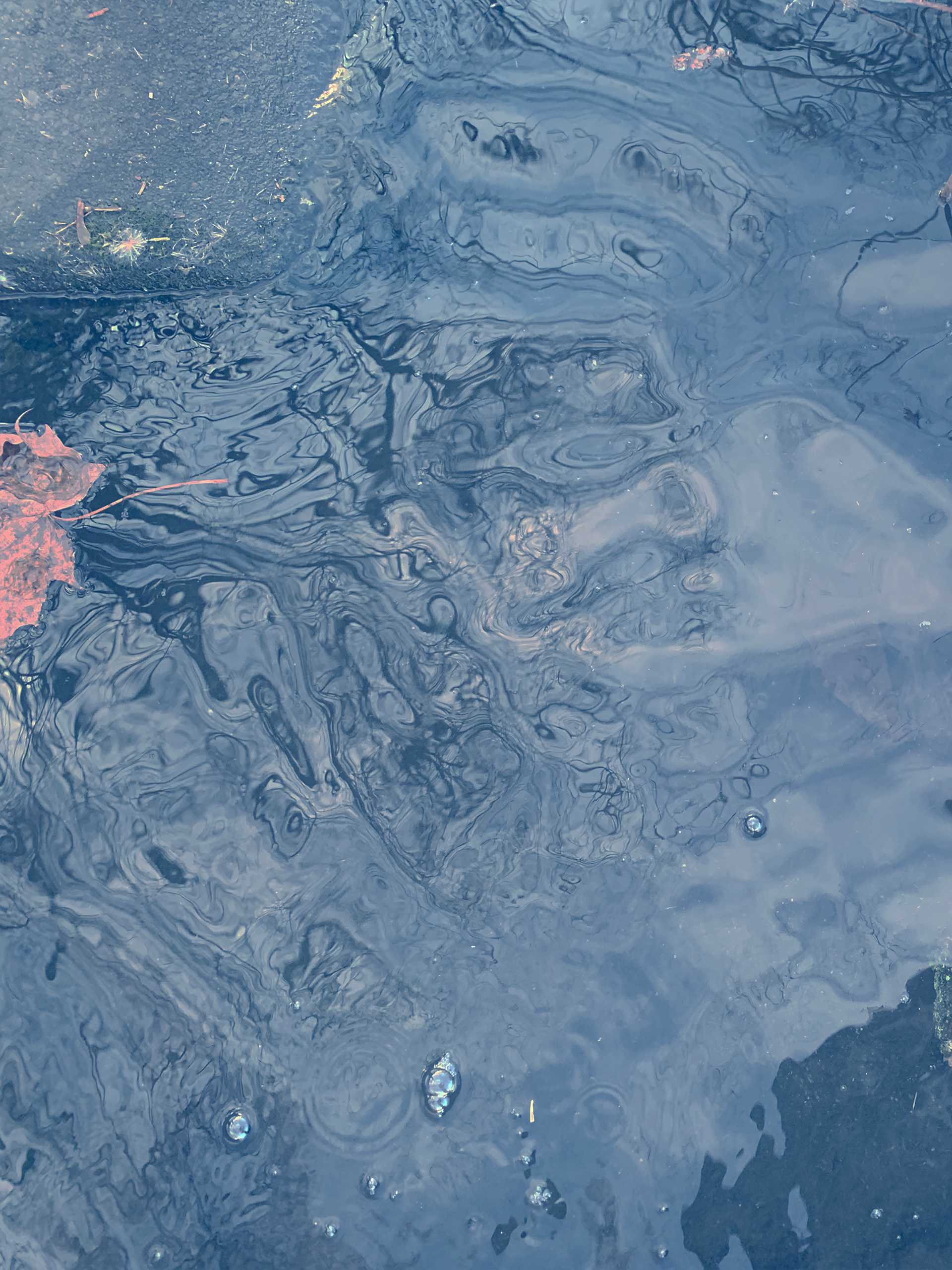⟶ Going North from the DMZ – Joint Ecosystems, Biodiversity, and Global Engagement in North Korea
'Nature' knows no manmade borders. This becomes particularly obvious when migratory birds cross the border at the Demilitarized Zone between the Republic of Korea in the South and the Democratic People´s Republic of Korea in the North. The Korean Peninsula is of great importance for the biodiversity in the region due to its central location on the East-Asian Australasian Flyway. But the country north of the Demilitarized Zone is also one of the most isolated countries on earth. While globalization has created bridges between many places—often also between formerly hostile states—the DPRK remained isolated. In this context, the idea of a Demilitarized Zone Peace Park has been mooted for a long time (Kim 1997, Brady 2008; Park, 2013). But the practical initiatives on the ground already went further. Since 2015, the Hanns Seidel Foundation has been committed, to bring the actors in North Korea, especially the Ministry of Environment and Land Protection, together with representatives of international organizations and national governments. Dr. Bernhard Seliger, Representative of Hanns Seidel Foundaition Korea, presents the projects of the last two decades both in North Korea and in the border area in South Korea, where the tragedy of division coexists with biodiversity.
Dr. Bernhard J. Seliger is resident representative of Hanns Seidel Foundation (HSF) in Korea, based in Seoul. HSF aims to promote peace and reconciliation on the Korean Peninsula. Since 2003 he travels to North Korea to implement projects focusing on environment conservation and cooperation. From 2014 he was also involved in two projects on sustainable reforestation and wetlands conservation. Other topics included organic agriculture and the clean development mechanism.

